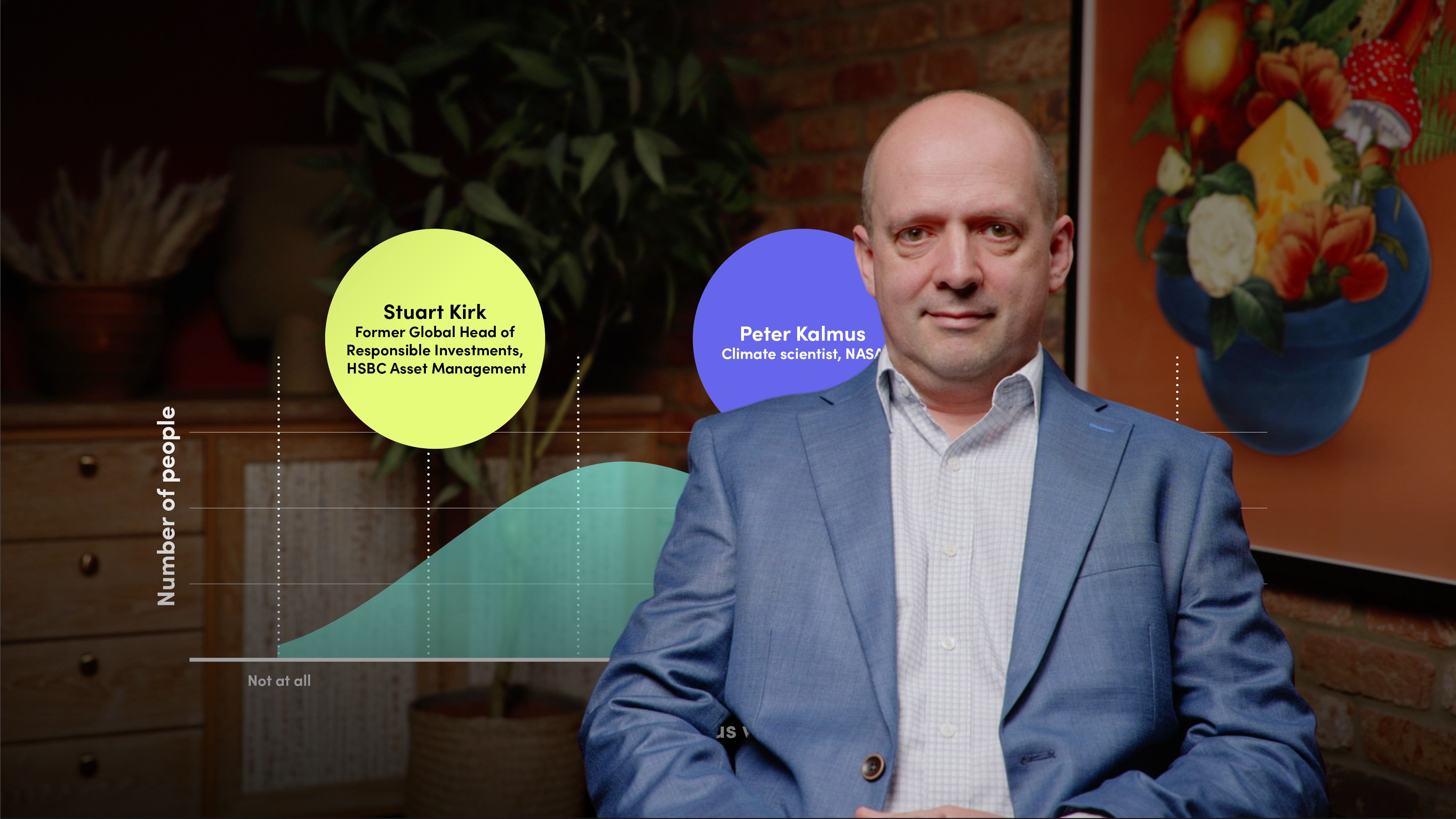
How Neuroscience Explains the Climate Risk Divide

Kris De Meyer
16 years: Neuroscientist
Climate scientists are terrified about climate change. The markets? Not so much. Join Kris De Meyer as he explores why financial markets aren't responding to the threats of climate change.
Climate scientists are terrified about climate change. The markets? Not so much. Join Kris De Meyer as he explores why financial markets aren't responding to the threats of climate change.
Subscribe to watch
Access this and all of the content on our platform by signing up for a 7-day free trial.

How Neuroscience Explains the Climate Risk Divide
7 mins 25 secs
Key learning objectives:
Outline the climate risk divide
Identify the neuroscientific reasons behind the climate risk divide
Understand what expectation machine means in neuroscience
Overview:
Broadly speaking, climate scientists are in a state of panic about climate change while financial markets are not. This can be explained by neuroscience. Our brains are 'expectation machines' designed for jumping to conclusions, based on prior experience and repeated exposure to perceptual inputs, events, information and ways of thinking. Different professional expertise means different expectations, and that can then lead to wildly different interpretations of the same events, facts and evidence.
Subscribe to watch
Access this and all of the content on our platform by signing up for a 7-day free trial.
Subscribe to watch
Access this and all of the content on our platform by signing up for a 7-day free trial.

Kris De Meyer
There are no available Videos from "Kris De Meyer"



























